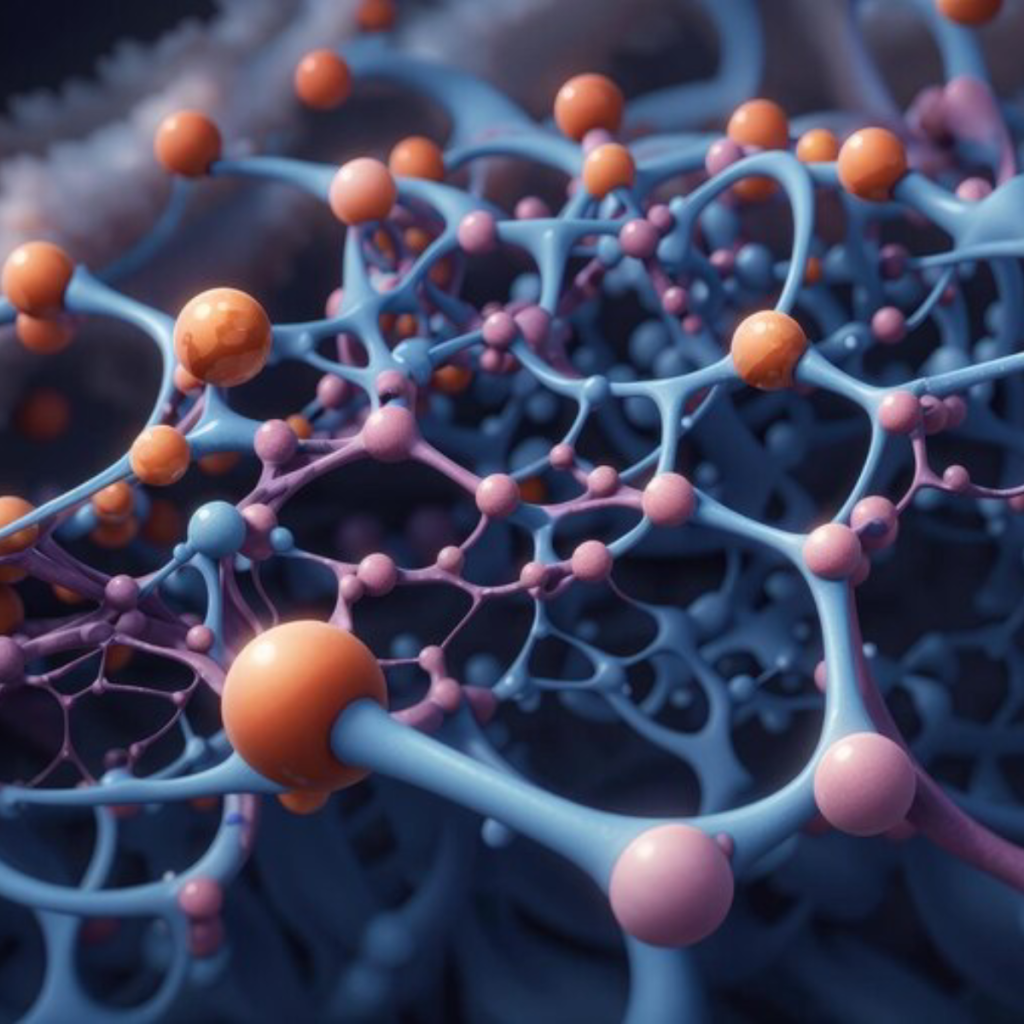Nanomedicine: Life Extension Explained
September 13, 2023

Welcome to the fascinating world of nanomedicine and its potential for life extension! We're about to embark on a microscopic journey that could have macroscopic implications for human longevity. So, buckle up, because this is going to be a wild ride!
Imagine a world where tiny robots swim through your bloodstream, repairing cells, fighting diseases, and even slowing down the aging process. Sounds like science fiction, right? Well, welcome to the world of nanomedicine, where all this and more is possible. Nanomedicine is the application of nanotechnology in the medical field, and it's set to revolutionize healthcare and potentially extend human life.

Understanding Nanomedicine
Nanomedicine is a branch of medicine that applies the knowledge and tools of nanotechnology to the prevention and treatment of disease. Nanomedicine involves the use of nanoscale materials, such as biocompatible nanoparticles and nanorobots, for diagnosis, delivery, sensing or actuation purposes in a living organism.
The scale of nanomedicine is incredibly small, with one nanometer being one billionth of a meter. To put it into perspective, a single human hair is about 80,000 nanometers wide. So, we're talking about working at a level thousands of times smaller than a human hair. This is the scale at which the fundamental building blocks of life, such as DNA and proteins, operate, and so it offers unprecedented opportunities for interventions in the body.
The Promise of Nanomedicine
Nanomedicine holds the promise of revolutionizing medicine in a number of ways. It could lead to the development of new, more effective drugs with fewer side effects. It could also lead to the creation of new, more accurate diagnostic tools, and even to the development of new ways of delivering drugs to specific parts of the body.
But perhaps the most exciting potential application of nanomedicine is in the field of life extension. By working at the same scale as the biological processes that cause aging, nanomedicine could potentially slow down or even reverse these processes, leading to longer, healthier lives.
Challenges in Nanomedicine
While the potential of nanomedicine is huge, there are also significant challenges that need to be overcome. One of the biggest challenges is the complexity of the human body. Even with our current understanding of biology, there is still a lot we don't know about how the body works, especially at the nanoscale.
Another challenge is the potential for unforeseen side effects. Because nanomedicine involves working at such a small scale, it's possible that it could have effects that we can't currently predict. This makes testing and regulation incredibly important.
Nanomedicine and Life Extension
The idea of using nanomedicine for life extension is not new. In fact, it's been a staple of science fiction for decades. But with recent advances in nanotechnology, it's starting to move from the realm of science fiction into the realm of possibility.
There are several ways in which nanomedicine could potentially contribute to life extension. One of the most promising is through the repair of cellular damage. As we age, our cells accumulate damage that can lead to a range of age-related diseases. Nanomedicine could potentially repair this damage, slowing down the aging process and extending healthy lifespan.
Cellular Repair
One of the key ways in which nanomedicine could contribute to life extension is through the repair of cellular damage. As we age, our cells accumulate damage from a variety of sources, including environmental toxins, radiation, and even the normal processes of metabolism.
One of the most promising areas of research in this field is the use of nanorobots for cellular repair. These tiny robots could be programmed to seek out and repair damaged cells, potentially slowing down the aging process and extending healthy lifespan.
Gene Therapy
Another potential application of nanomedicine in the field of life extension is gene therapy. Gene therapy involves the introduction, removal or change in genetic material within a patient's cells to treat or prevent disease. Nanomedicine could potentially make gene therapy more effective and safer.
For example, nanoparticles could be used to deliver genes directly to specific cells in the body. This could potentially allow for the treatment of genetic diseases, and could also potentially be used to slow down the aging process by altering the genes that control aging.
Future of Nanomedicine in Life Extension
The future of nanomedicine in life extension is incredibly exciting. While we're still in the early stages of this field, the potential is enormous. With continued research and development, it's possible that we could see significant advances in the next few decades.
However, it's also important to remember that there are significant challenges that need to be overcome. The human body is incredibly complex, and we're still learning about how it works at the nanoscale. Additionally, there are potential risks and side effects that need to be carefully managed.
Regulation and Ethics
As with any new technology, there are important regulatory and ethical considerations that need to be addressed with nanomedicine. Because of the potential for unforeseen side effects, it's crucial that nanomedicine is thoroughly tested and regulated.
There are also ethical considerations to consider. For example, if nanomedicine can extend life, who will have access to this technology? Will it only be available to the wealthy, or will it be made available to everyone? These are important questions that need to be addressed as this field develops.

Conclusion
So, there you have it, a microscopic look at the macroscopic implications of nanomedicine for life extension. It's a field that's as exciting as it is complex, with the potential to revolutionize medicine and extend human life.
But like any new field, it's also fraught with challenges and uncertainties. It will take continued research, careful regulation, and thoughtful ethical consideration to ensure that the promise of nanomedicine is realized in a way that benefits all of humanity.

 Back to Blog
Back to Blog